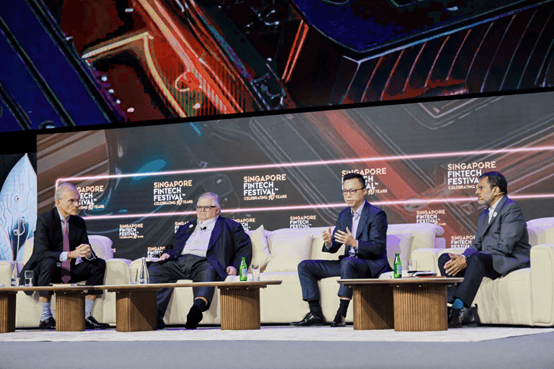
Tax free wealth building has been around for ages and can still be used today, even in a world where tax cuts have been implemented by the government and are now beginning to be reversed. Tax free wealth building is a concept that was first discussed by Joseph Tainter in his book “The Collapse of Complex Societies.”
In Tainter’s book he discusses how societies become complex because of the number of individuals involved and the interaction they have with each other. He argues that it would make sense for human beings to develop a level of complexity that would limit the amount of complexity they could experience. The limit would be something like the level of complexity that human beings can experience.
Tainter suggests that there are four levels of complexity that humans can experience. At the lowest level is called “evolutionary autopilot” and involves no human involvement, except for the natural selection that takes place in this evolutionary autopilot state. At the next level of complexity is the “selfish autopilot” state. In the last level of complexity humans have become so complex that they cannot even deal with their own lives.
Tainter argues that a society could become very complex and therefore hard to understand for the average person. He calls these states “paradigm” because they represent a new way of thinking, where the person who lives within these paradigms of being will become an individual and will be different from those who do not.
For example, an individual living under the paradigm of evolution would be one that is not concerned about being “cool,” as he would be interested only in the continuation of his own life. One would be very likely to see the same behavior in the individual that he sees in the lion on the TV who is looking for a mate.
He would not be concerned with what the mate of the lion thinks of him because the lion does not concern himself with what the individual thinks of him, but instead he just goes out looking for a mate. An individual who lives under the paradigm of selfishness will often be an individual who is not concerned about the welfare of others; he will only be concerned about his own welfare.
Tainter claims that if humans were to become more complex, we would have reached the level of complexity of being a species. This would mean that humans would have to evolve from being very simple organisms to being able to think for themselves, to the point where we would be thinking and acting independently of all other things, even if necessary.
Unfortunately, it seems that Tainter is pessimistic. He says that he believes that humans have reached that point already and that in his view, even if humans don’t stop living in the present state that the future is bleak for humans. He believes that there are two possibilities. He said there is a possibility that humans will evolve into a fully evolved and self-aware being, which will either die off or that humans may live into the future and realize the potential of being fully evolved humans.
Tainter also believed that a society can become extremely complex for a short period of time; he said that the society that he thought of as the ideal one was the United States of America during the American revolution. There he believed that this society was the perfect society because of the fact that the government provided such a high level of education and the society became so advanced that people could no longer argue against the government. He said that we are in a similar situation today.
He concluded that humans need to continue living under the paradigm that they were living in the past, and he believed that humans are a social species and are always better off living under a social norm rather than living by themselves. He also claimed that humans have the ability to reach the point where they are more evolved. evolved than they actually are and that he believed that they would become fully evolved if they chose to. The next time you hear someone say that they want to achieve a more evolved society, ask them what that question.


